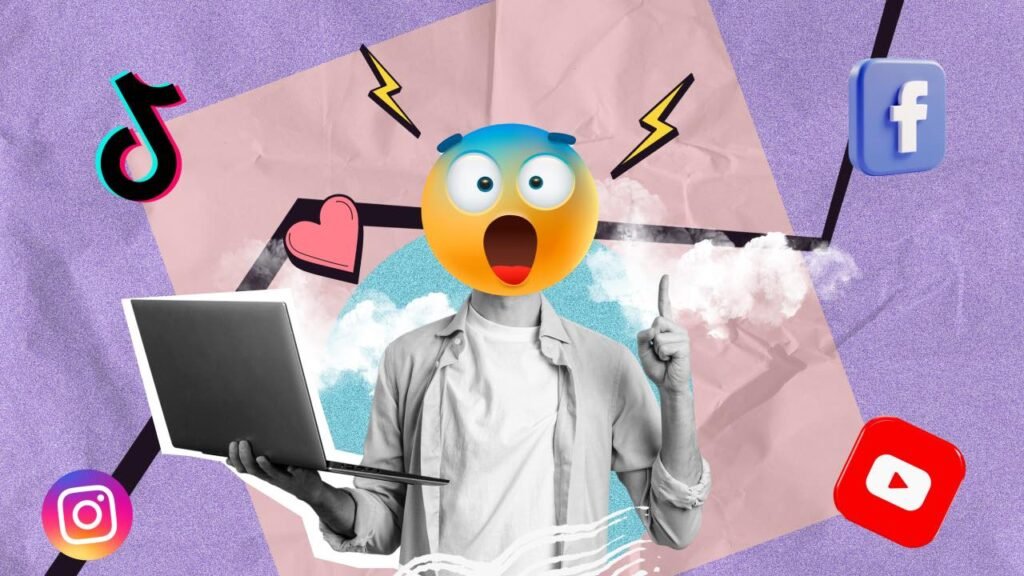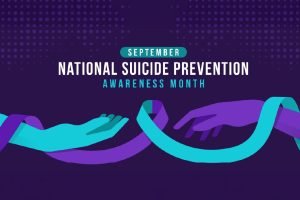In today’s digital landscape, influencers wield immense power. Their words, actions, and content shape public opinion, influence societal norms, and, for better or worse, impact mental health.
While fame offers financial rewards and social recognition, it also brings a significant responsibility – one that too often goes overlooked.
The rise of social media has democratized fame, allowing individuals from all walks of life to build audiences and gain influence.
But with this power comes the duty to be mindful of the content they produce and its potential effects on their followers.
This article explores the darker side of fame, drawing on the experiences of a licensed therapist who has witnessed its emotional toll firsthand.
Fame’s Evolution and the Need for Change
The pursuit of fame has transformed over the decades. In the past, it was reserved for actors, musicians, and athletes.
Today, anyone with a smartphone and an internet connection can become famous overnight. While this shift has created opportunities, it has also introduced risks:
- 24/7 Public Scrutiny: Millions of followers constantly watching and judging.
- Cancel Culture and Backlash: Careers ending overnight due to a single misstep.
- The Pressure to Stay Relevant: A relentless cycle of content creation to maintain visibility.
Social media platforms thrive on sensationalism, controversy, and emotional vulnerability, often at the cost of influencers’ mental health.
Many struggle in silence, unwilling to acknowledge the toll fame takes on their well-being. As a society, we need to reassess how we engage with digital celebrities and the entertainment industry at large.
The Weight of Influence: Fame’s Hidden Cost
Fame, particularly in the influencer space, is often equated with success. However, it can lead to immense pressure, identity struggles, and an overwhelming need for validation.
Public figures face constant scrutiny, unrealistic expectations, and the demand to remain relevant. This pressure can manifest in various ways:
- Superficial Validation: Relying on external approval, often at the cost of personal well-being.
- Identity Crisis: Struggling to differentiate between their true selves and their online personas.
- Emotional Burnout: Facing exhaustion from the relentless demand for content creation.
- Mental Health Struggles: Increased cases of anxiety, depression, and substance abuse.
The responsibility of being in the public eye extends beyond the individual. It affects their families, relationships, and communities.
The rise of “family influencers” and child stars has raised concerns about long-term psychological effects on young people exposed to public scrutiny at an early age.
The Role of Influencers: Empathy and Responsibility
Richard Grannon, a renowned coach specializing in trauma and narcissistic recovery, and the STAR Network’s official STAR Awareness Ambassador, is advocating for influencers to take accountability for their impact.
Richard Grannon highlights how influencers must consider their audience’s mental well-being.
“The content we create can trigger someone without us knowing,” he says. “We don’t know what’s happening behind closed doors or in someone else’s yard. That’s why it’s our duty to approach these conversations with empathy and guide people toward safe spaces and healing resources.”
Triggers can come from anywhere – a post, a video, or even an offhand remark. For someone already struggling, the impact can be profound.
Influencers can make a difference by using their platforms responsibly:
- Promoting mental health awareness.
- Encouraging open conversations about emotional well-being.
- Directing followers to support networks and resources.
“If we truly care about our audiences, we must direct them to the resources that can help them heal,” Grannon emphasizes.
Influencers hold the power to change lives simply by pointing survivors to safe spaces like TAR Anon™, a fellowship that offers a trauma-informed environment where individuals can find support, emotional regulation, and self-discovery.
Taking Action: Building a Healthier Digital Culture
The road to a healthier, more responsible influencer culture starts with:
- Encouraging authenticity over curated perfection.
- Supporting public figures who advocate for mental health.
- Creating safer online spaces free from toxicity and harassment.
- Recognizing the human behind the persona.
Influencers, in turn, must understand their duty beyond entertainment. Their content has the power to heal or harm.
By prioritizing ethical storytelling and mental health advocacy, they can build stronger, more supportive communities.
A Path to Healing: TAR Anon
For public figures struggling with the emotional weight of fame, TAR Anon provides a sanctuary.
Originally designed for survivors of toxic abusive relationships, TAR Anon provides a neuro-safe and trauma-informed environment where individuals can focus on emotional regulation, self-love, and authenticity.
As Richard Grannon puts it, “We may not see the struggles someone is carrying, but we can be the bridge that connects them to hope and transformation.”
By prioritizing mental health, embracing authenticity, and fostering environments like TAR Anon that support healing, we can ensure that the allure of fame doesn’t come at the ultimate cost.
Fame doesn’t have to come at the cost of mental health – if we take responsibility for the impact we create.







